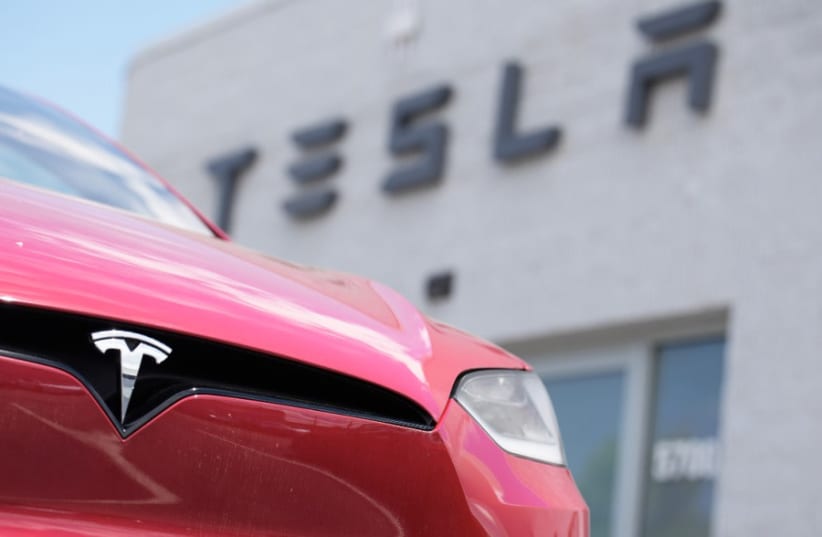Electric car manufacturer Tesla will lay off 14,000 employees, constituting 10% of its workforce worldwide.
In a document sent to its employees by CEO Elon Musk and leaked on the Elektrek website, Musk explains that "over the years, we have grown rapidly with a number of factories expanding worldwide. With this rapid growth, duplication of roles and roles in certain areas has occurred."
In the first quarter of the year, Tesla sold 433,000 vehicles, a 10% decrease compared to the previous quarter, but still had an inventory of about 50,000 vehicles after selling only 387,000, which is very unusual for a company that prides itself on manufacturing before demand.
Despite the decline in sales, Tesla managed to surpass the Chinese BYD, which produced only 300,000 electric vehicles during the same period, and returned to being the world's largest electric vehicle manufacturer.
However, the layoffs will not be easy for those affected. "As we prepare the company for our next phase of growth, it is crucial to look at every aspect of the company to reduce costs and increase productivity," Musk added, whose personal fortune is estimated at $200 billion. "As part of this effort, we conducted a detailed review of the organization and made the tough decision to reduce our workforce by more than 10% worldwide. There is nothing I hate more, but it has to be done. This will allow us to be leaner, more innovative, and hungry for the next growth cycle."
Tesla attributed the first drop in deliveries in four years to production issues caused, among other things, by attacks on tankers in the Red Sea and difficulties in transporting components to its Berlin factory, which itself suffered a production halt due to environmental organizations' protests.
However, the company's growing problem is its limited and relatively expensive range of models. For example, BYD already markets three affordable models in Europe, apart from Model 3, and will add two more next year. Musk promised to launch only one such model, at the end of 2025, after failing to meet similar timelines in the past.
